10 things you need to know about periods when you are ten.
Posted on
My eldest daughter came home from school a week or so ago and casually dropped into conversation that the nurse had been in to see them and was talking about periods. Once I had got over the initial shock, I realised that she is 10 years old and I can ignore it as much as I like but she is growing up and I have to do my best to support her, nuture her and answer her questions as honestly as I can. So between us we came up with the top 10 things she wanted to know.
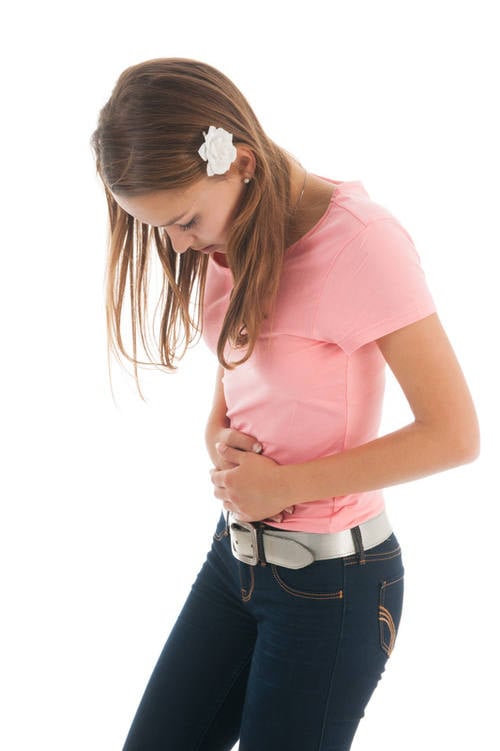
1. Will it hurt?
You might find you get a dull ache for the first day or so. It can be uncomfortable but it soon passes.
2. Will I get one every month?
Once your monthly cycle gets into a routine, you will get a period around every 28 days. In the first few months it is likely that they will be a little less regular but it will eventually even out and you are more aware of your body.
3. Does every girl get them?
Every girl that goes through puberty will get a period. You might find some girls "bragging" about it but in the end, it is something all women go through when their body is ready. Most girls get their first period between 11-14 years old, you could start your period anywhere from 8-17 years old.
4. What happens if my period comes when I am at school?
If your body is changing, it maybe good to keep some tampons or pantiliners discreetly in her bag in case you get your first period while you are not at home. You may even want to keep an extra pair of underwear in her book bag. This will be one of those tips you will appreciate when your period does arrive unexpectantly.
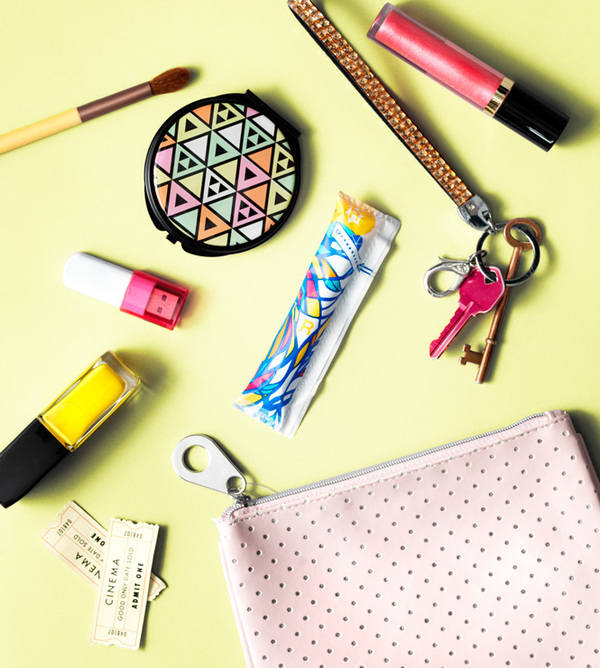
5. Can I still do P.E or swimming when I am on my period?
Yes, as long as you use a tampon, something like the Tampax Compak Pearl is good as they expand width-wise to eliminate the gaps that can cause leaks, and any embarresment. The packaging is pretty cool too! Tampons will also allow you to swim during your period, so nothing is out of bounds! If you are uncomfortable then you can get some simple pain relief, although I always think that a hot water bottle is the first port of call.
6. Will I get my period at the same time as my friends?
No, all girls are different and it is not a race to get yours first. Everyones bodies are different. Celebrate yours for today.
7. Do I have to have time off school?
Not unless you are in real discomfort should you need time off school (Sorry!!)
8. Will anyone else know I am on my period?
You may be a little tired and grumpy and possibly your skin might have an outbreak of spots but this is typical of most tweens and teens so unless you tell people, there is no reason for anyone else to know.
9. How long will it last?
A normal period should be between three and five days, sometimes as long as a week but you will get used to your own body as the months go on.
10. Will I have them forever?
The menopause, sometimes referred to as the "change of life", is the end of menstruation. This is where a woman's ovaries stop producing an egg every four weeks. She no longer has monthly periods and is unlikely to get pregnant. In the UK, 51 is the average age for a woman to reach the menopause, although some women can experience the menopause in their 30s or 40s.
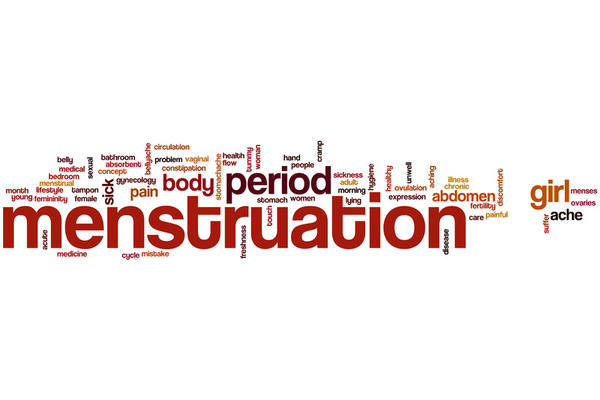
Things to Look Out For
Mums can answer most questions but you should seek medical advice if you:
- Are 16 and haven’t gotten your period yet.
-
Get periods that last longer than seven days for three cycles.
-
Experience a dramatic change from your typical periods.
-
Miss your period for six months straight.
-
Are passing large clots.
-
Are soaking through your tampon or pad hourly for two or more hours.
-
Are bleeding between menstrual periods.
-
Have pelvic pain for longer than a day that seems unrelated to your period.
There is a lot of information on the internet, so sometimes you can feel a little frazzled by it all but we are pleased to be able to share some great content from Dr Radha Modgil for you:

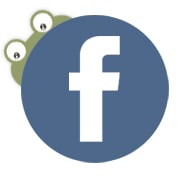

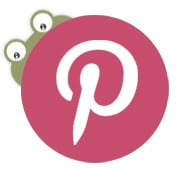
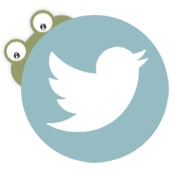

Add a comment: